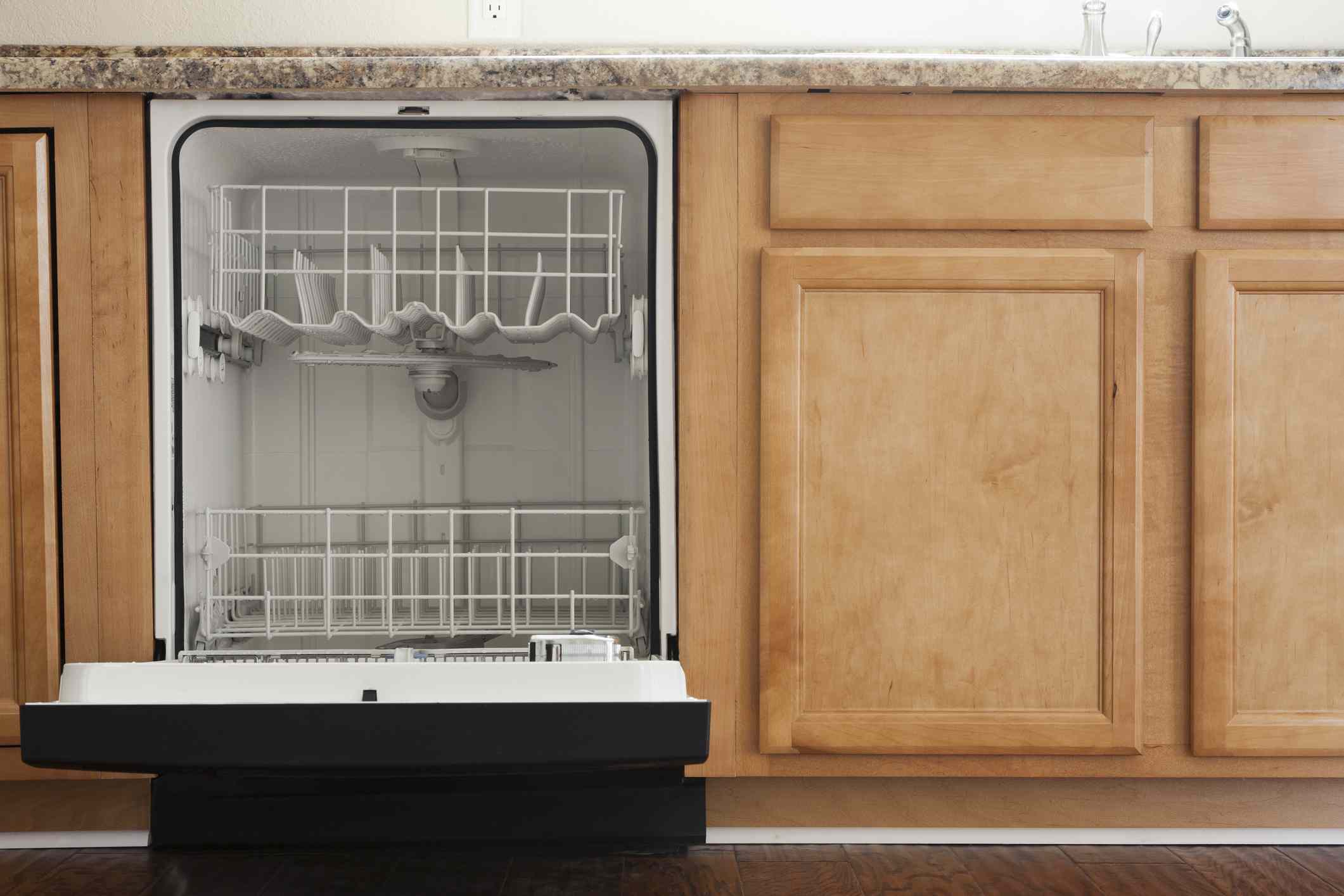

Articles
Why Dishwasher Leaking
Modified: January 6, 2024
Discover articles on why your dishwasher is leaking and how to fix it. Get expert advice and troubleshooting tips to keep your kitchen appliance in top condition.
(Many of the links in this article redirect to a specific reviewed product. Your purchase of these products through affiliate links helps to generate commission for Storables.com, at no extra cost. Learn more)
Introduction
A dishwasher is a convenient appliance that helps save time and effort in the kitchen by automating the task of washing dishes. However, like any other appliance, a dishwasher is not immune to issues, and one common problem that homeowners often encounter is a leaking dishwasher. A leaking dishwasher can not only cause damage to your kitchen floor, but it can also lead to water wastage and possible structural damage if left unresolved.
Understanding the causes of a dishwasher leak can help you diagnose the issue and take appropriate measures to fix it. In this article, we will explore some of the common causes of dishwasher leaks, provide steps to diagnose the problem, and offer solutions to fix a leaking dishwasher.
Before delving into the details, it’s essential to note that if you are not confident in your skills or experience in handling dishwasher repairs, it’s best to seek professional assistance to avoid any further complications.
Key Takeaways:
- Don’t let a leaking dishwasher dampen your kitchen experience. From worn-out gaskets to improper detergent usage, understanding the causes and taking proactive steps can keep your dishwasher leak-free and efficient.
- Regular maintenance, proper installation, and addressing specific issues are crucial in fixing a leaking dishwasher. Prioritize safety and seek professional help if needed to ensure a hassle-free kitchen experience.
Read more: Why AC Leaking Water
Common Causes of Dishwasher Leaks
1. Worn out door gasket: The door gasket, also known as the door seal, is responsible for creating a watertight seal when the dishwasher door is closed. Over time, the gasket can become worn out or damaged, resulting in water leakage.
2. Faulty door latch: A faulty door latch can prevent the dishwasher door from closing properly, allowing water to leak out during the wash cycle.
3. Loose water inlet valve: The water inlet valve is responsible for allowing water to enter the dishwasher. If the valve is loose or damaged, it can cause water to leak during the cycle.
4. Damaged spray arm: The spray arm is responsible for distributing water throughout the dishwasher during the wash cycle. If the spray arm is cracked or blocked, it can cause water to leak from the dishwasher.
5. Clogged drain hose: The drain hose is responsible for removing wastewater from the dishwasher. If it becomes clogged with debris, it can cause water to back up and leak from the dishwasher.
6. Defective pump seal: The pump seal prevents water from leaking out of the dishwasher pump. If the seal becomes worn out or damaged, it can cause water to leak during the wash cycle.
7. Overloaded dishwasher: Overloading the dishwasher with too many dishes can prevent the door from closing properly, leading to water leakage.
8. Improper detergent usage: Using inappropriate or excessive amounts of detergent can cause excessive sudsing, leading to water overflow and leakage from the dishwasher.
Key Takeaways:
- Don’t let a leaking dishwasher dampen your kitchen experience. From worn-out gaskets to improper detergent usage, understanding the causes and taking proactive steps can keep your dishwasher leak-free and efficient.
- Regular maintenance, proper installation, and addressing specific issues are crucial in fixing a leaking dishwasher. Prioritize safety and seek professional help if needed to ensure a hassle-free kitchen experience.
Read more: Why AC Leaking Water
Common Causes of Dishwasher Leaks
A leaking dishwasher can be frustrating and potentially damaging to your kitchen. Understanding the common causes of dishwasher leaks can help you identify the problem and take appropriate steps to fix it. Here are some of the usual culprits behind dishwasher leaks:
1. Worn out door gasket
The door gasket, also known as the door seal, is a rubber lining that creates a watertight seal when the dishwasher door is closed. Over time, the gasket can become worn out or damaged, leading to water leakage. Inspect the door gasket for any visible signs of wear, such as cracks or tears. If you notice any damage, it’s time to replace the gasket.
2. Faulty door latch
A faulty door latch may prevent the dishwasher door from closing properly. When the door doesn’t seal tightly, water can escape during the wash cycle and cause leaks. Check the door latch for any misalignment or damage. If necessary, repair or replace the latch to ensure a secure closure.
Read more: Why Is My HVAC Leaking
3. Loose water inlet valve
The water inlet valve is responsible for allowing water to enter the dishwasher. If the valve is loose or has loose connections, it can cause leaks. Inspect the water inlet valve for any signs of leakage or loose connections. Tighten any loose connections or consider replacing the valve if necessary.
4. Damaged spray arm
The spray arm distributes water throughout the dishwasher during the wash cycle. If the spray arm is damaged, cracked, or has blockages, water can leak out. Inspect the spray arm for any visible signs of damage or blockages. Clean out any debris and replace the spray arm if needed.
5. Clogged drain hose
The drain hose is responsible for removing wastewater from the dishwasher. If the drain hose becomes clogged with debris or food particles, it can cause water to back up and leak from the dishwasher. Check the drain hose for any blockages and clear them if necessary.
6. Defective pump seal
The pump seal prevents water from leaking out of the dishwasher pump. Over time, the pump seal can wear out or become damaged, leading to leaks. Inspect the pump seal for any signs of wear or damage. If you notice any issues, it may be necessary to replace the pump seal.
Read more: Why Is My Humidifier Leaking
7. Overloaded dishwasher
Overloading the dishwasher with too many dishes can prevent the door from closing properly. When the door doesn’t seal tightly, water can leak out during the wash cycle. Be mindful of the dishwasher’s capacity and avoid overloading it to prevent leaks.
8. Improper detergent usage
Using the wrong type of detergent or excessive amounts of detergent can cause excessive sudsing, leading to water overflow and leakage from the dishwasher. Follow the manufacturer’s guidelines for detergent usage and choose the appropriate detergent for your dishwasher.
By understanding these common causes of dishwasher leaks, you can tackle the issue effectively. Remember to prioritize safety and, if needed, consult a professional for assistance to avoid further damage to your dishwasher.
Steps to Diagnose a Dishwasher Leak
When faced with a leaking dishwasher, it is crucial to diagnose the problem correctly before attempting any repairs. Here are the steps you can follow to identify the source of the leak:
1. Ensure proper installation and leveling
Start by confirming that your dishwasher has been installed correctly and is level. A dishwasher that is not properly installed or leveled can cause water to leak from various connections and seals. Check if the dishwasher is securely attached to the countertop and if it sits evenly on the floor.
Read more: Why Is My Water Pump Leaking
2. Check the door gasket for visible damage or wear
The door gasket, or seal, is located along the inside edge of the dishwasher door. Inspect the gasket for any visible signs of damage, such as cracks or tears. A worn-out or damaged door gasket can compromise the seal, leading to water leakage during the wash cycle.
3. Inspect the door latch for any faults or misalignment
Examine the door latch mechanism for any faults or misalignment. A faulty door latch can prevent the dishwasher door from closing properly and creating a tight seal. Ensure that the latch engages fully and securely when you close the dishwasher door.
4. Examine the water inlet valve for any leaks or loose connections
The water inlet valve is located behind the kickplate at the bottom of the dishwasher. Carefully inspect the valve for any signs of leakage or loose connections. Use a flashlight if necessary to thoroughly examine the area around the valve. Tighten any loose connections or replace the valve if it is defective.
5. Inspect the spray arm for cracks or blockages
The spray arm distributes water throughout the dishwasher during the wash cycle. Check the spray arm for any visible cracks or blockages. Cracks in the spray arm can cause water to leak out, while blockages can disrupt proper water flow and result in leaks. Clear any blockages and replace the spray arm if it is damaged.
Read more: Why Is My Bathtub Leaking Underneath
6. Check the drain hose for clogs or damage
Inspect the drain hose, which is typically located at the back of the dishwasher, for any clogs or damage. A clogged or damaged drain hose can cause water to back up and leak from the dishwasher. Remove any debris or clean out the drain hose if necessary.
7. Inspect the pump seal for any leaks or deterioration
The pump seal is responsible for preventing water from leaking out of the dishwasher pump. Carefully inspect the pump seal for any signs of leaks or deterioration. If you notice any issues with the pump seal, it may need to be replaced to resolve the leak.
8. Evaluate dishwasher load and avoid overloading
Consider the amount of dishes and utensils you place in the dishwasher. Overloading the dishwasher can prevent the door from closing properly, leading to water leakage. Ensure that there is enough space for water to circulate freely and avoid overcrowding the racks.
9. Ensure appropriate detergent usage
Using the wrong type of detergent or excessive amounts of detergent can cause excessive sudsing, resulting in water overflow and leakage from the dishwasher. Follow the manufacturer’s guidelines and use the appropriate amount of detergent for your dishwasher.
By following these steps, you can systematically diagnose the source of the dishwasher leak and take appropriate measures to fix the problem.
Read more: Why Does AC Leak Water
How to Fix a Leaking Dishwasher
Fixing a leaking dishwasher requires identifying the specific issue and taking appropriate steps to address it. Here are some common solutions to fix a leaking dishwasher:
1. Replace the worn-out door gasket
If the door gasket is worn out or damaged, it won’t create a proper seal, leading to water leakage. Carefully remove the old gasket and replace it with a new one, making sure to follow the manufacturer’s instructions for installation.
2. Repair or replace the faulty door latch
If the door latch is faulty or misaligned, it may not close the dishwasher door tightly, causing water to leak. Inspect the latch mechanism and adjust or replace it as needed to ensure a secure closure.
3. Tighten or replace the loose water inlet valve
If the water inlet valve is loose or has loose connections, it can lead to leaks. Check the valve and tighten any loose connections. If necessary, replace the valve to eliminate the source of the leak.
Read more: Why Is My Basement Ceiling Leaking
4. Replace the damaged spray arm
If the spray arm is cracked or damaged, it can cause water to leak out. Remove the old spray arm and install a new one. Make sure it is properly secured to prevent any leaks during the wash cycle.
5. Clean or replace the clogged drain hose
A clogged drain hose can cause water to back up and leak from the dishwasher. Remove the drain hose and carefully clean out any debris or blockages. If the hose is damaged, consider replacing it to ensure proper drainage.
6. Replace the defective pump seal
If the pump seal is leaking, it needs to be replaced to prevent further water leakage. Consult the dishwasher’s user manual or seek professional assistance to replace the faulty pump seal effectively.
7. Adjust dishwasher load to prevent overloading
Overloading the dishwasher can prevent the door from closing properly, leading to water leakage. Be mindful of the dishwasher’s capacity and load it accordingly. Distribute dishes and utensils evenly to ensure a tight seal when closing the dishwasher door.
Read more: Why Dishwasher Wont Drain
8. Follow proper detergent usage guidelines
Using the right detergent and the appropriate amount is crucial to avoid excessive sudsing and water overflow. Follow the manufacturer’s guidelines for detergent usage, considering the water hardness in your area, to prevent leaks caused by excessive sudsing.
Remember to prioritize safety when fixing a leaking dishwasher. If you’re unsure or uncomfortable with the repair process, it’s advisable to seek professional assistance to avoid any further complications.
Conclusion
A leaking dishwasher can be a frustrating problem, but with proper diagnosis and repair, you can easily fix the issue and prevent further damage to your kitchen. By understanding the common causes of dishwasher leaks and following the appropriate steps, you can effectively resolve the problem and ensure your dishwasher functions optimally.
Inspecting components such as the door gasket, door latch, water inlet valve, spray arm, drain hose, pump seal, and detergent usage will help you identify the source of the leak. Whether it’s a worn-out gasket, a loose connection, or an overloaded dishwasher, addressing the specific issue is vital to stopping the leakage.
Replacing worn-out parts, repairing faulty mechanisms, and ensuring proper installation and leveling are essential steps in fixing a leaking dishwasher. Remember to follow the manufacturer’s guidelines and consult professional help if needed.
Prevention is also key to maintaining a leak-free dishwasher. Regularly cleaning and maintaining your dishwasher, avoiding overloading, and using the appropriate detergent in the recommended amounts can go a long way in preventing leaks.
In conclusion, while a leaking dishwasher can be a hassle, it is a problem that can be resolved with the right knowledge and actions. By diagnosing the issue, addressing the specific cause, and properly implementing the necessary repairs, you can enjoy a leak-free and efficient dishwasher in your kitchen.
Frequently Asked Questions about Why Dishwasher Leaking
Was this page helpful?
At Storables.com, we guarantee accurate and reliable information. Our content, validated by Expert Board Contributors, is crafted following stringent Editorial Policies. We're committed to providing you with well-researched, expert-backed insights for all your informational needs.
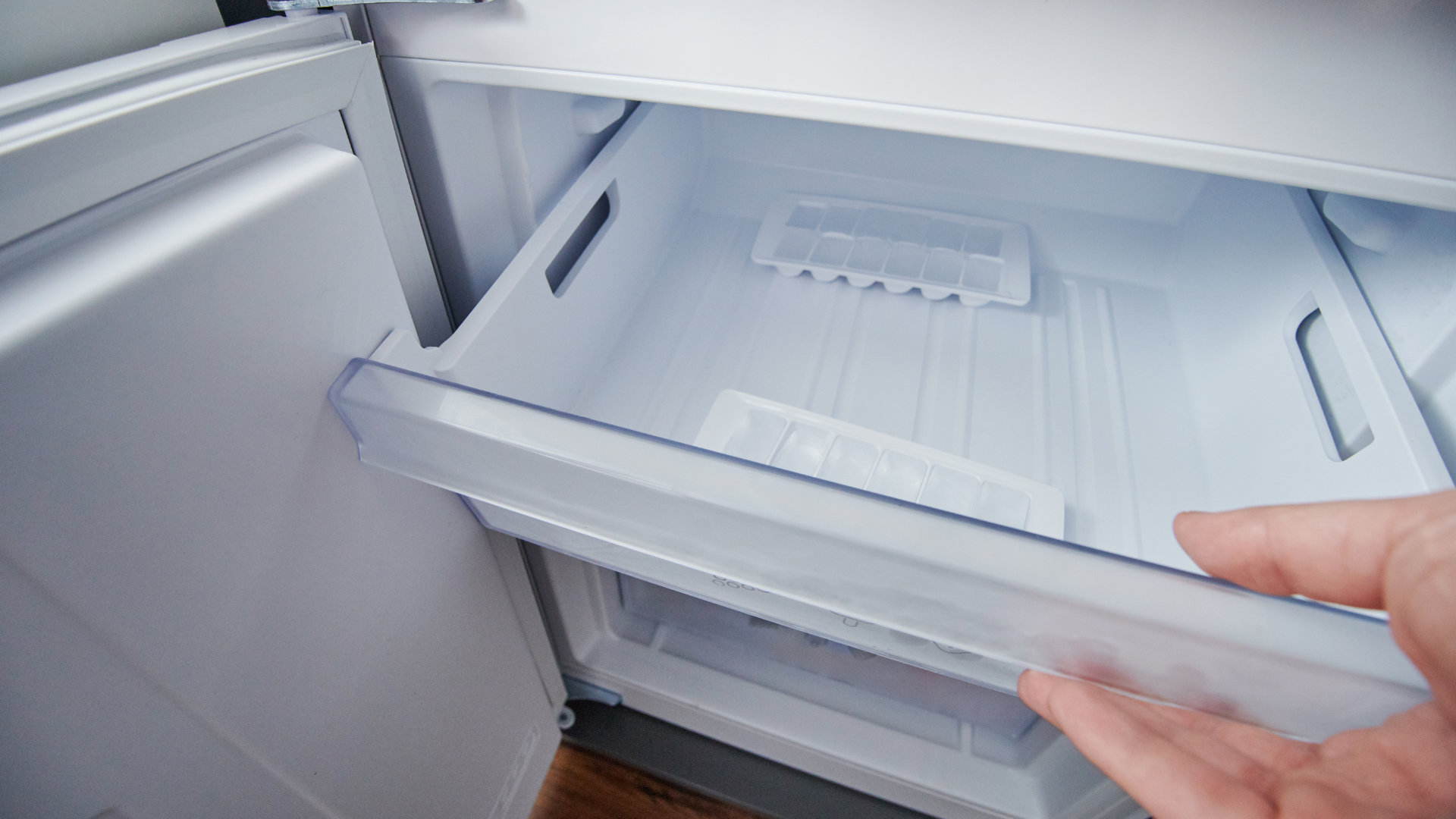
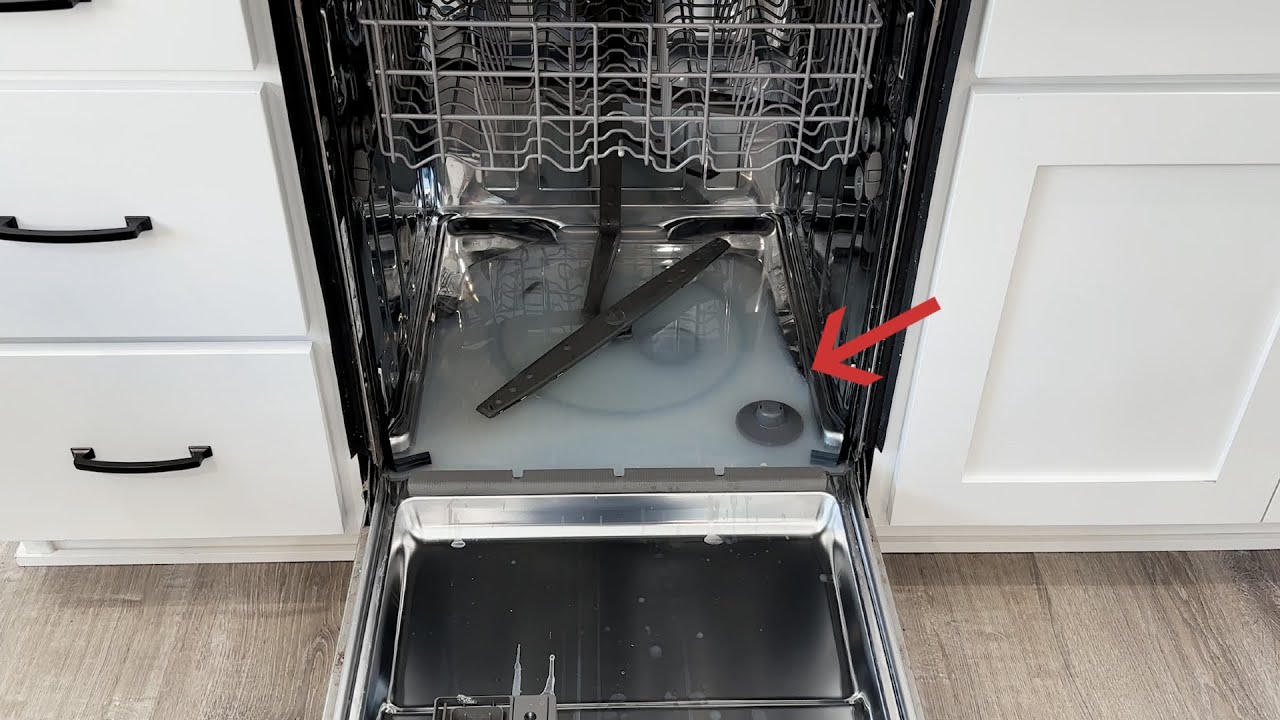
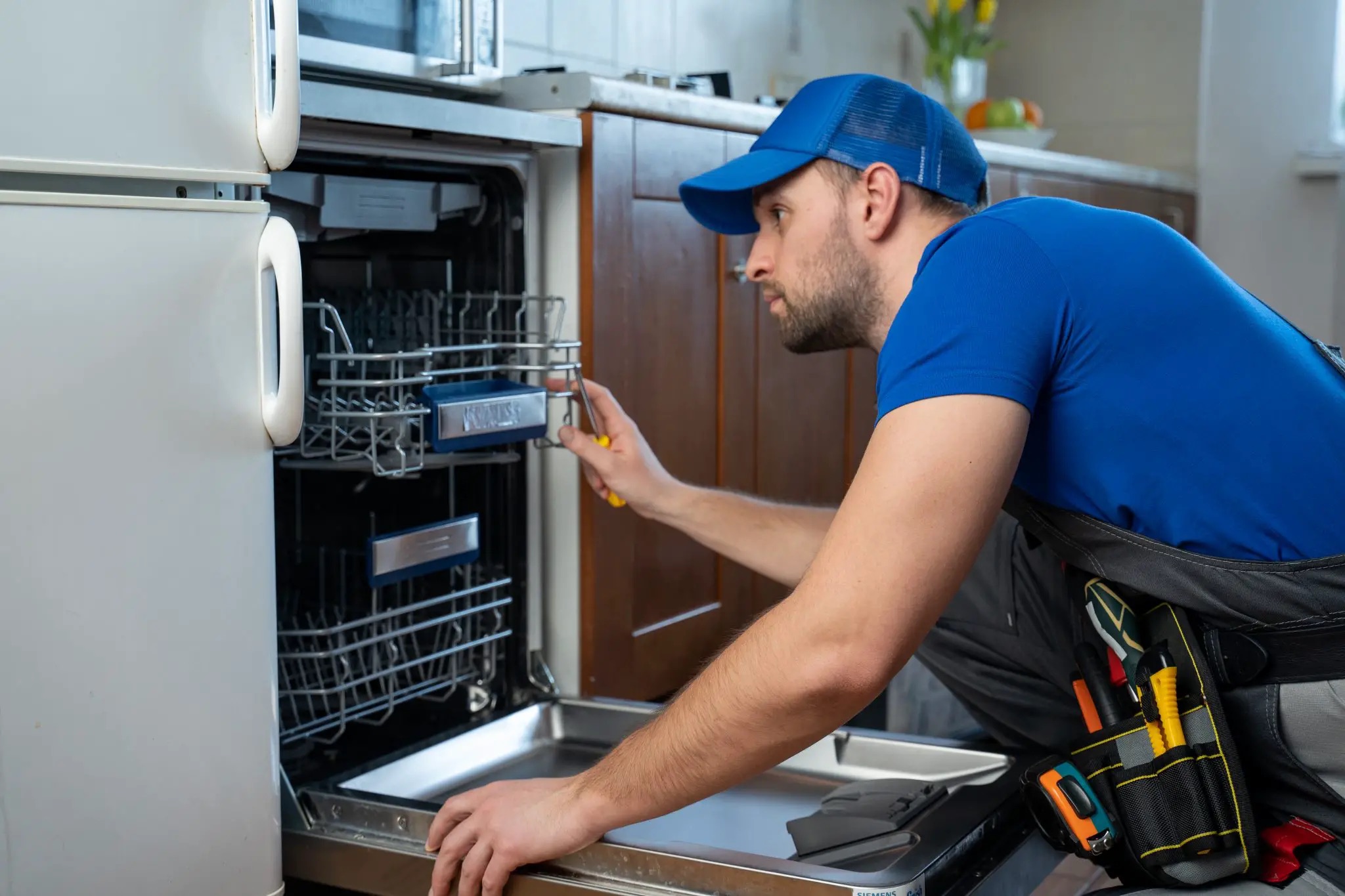
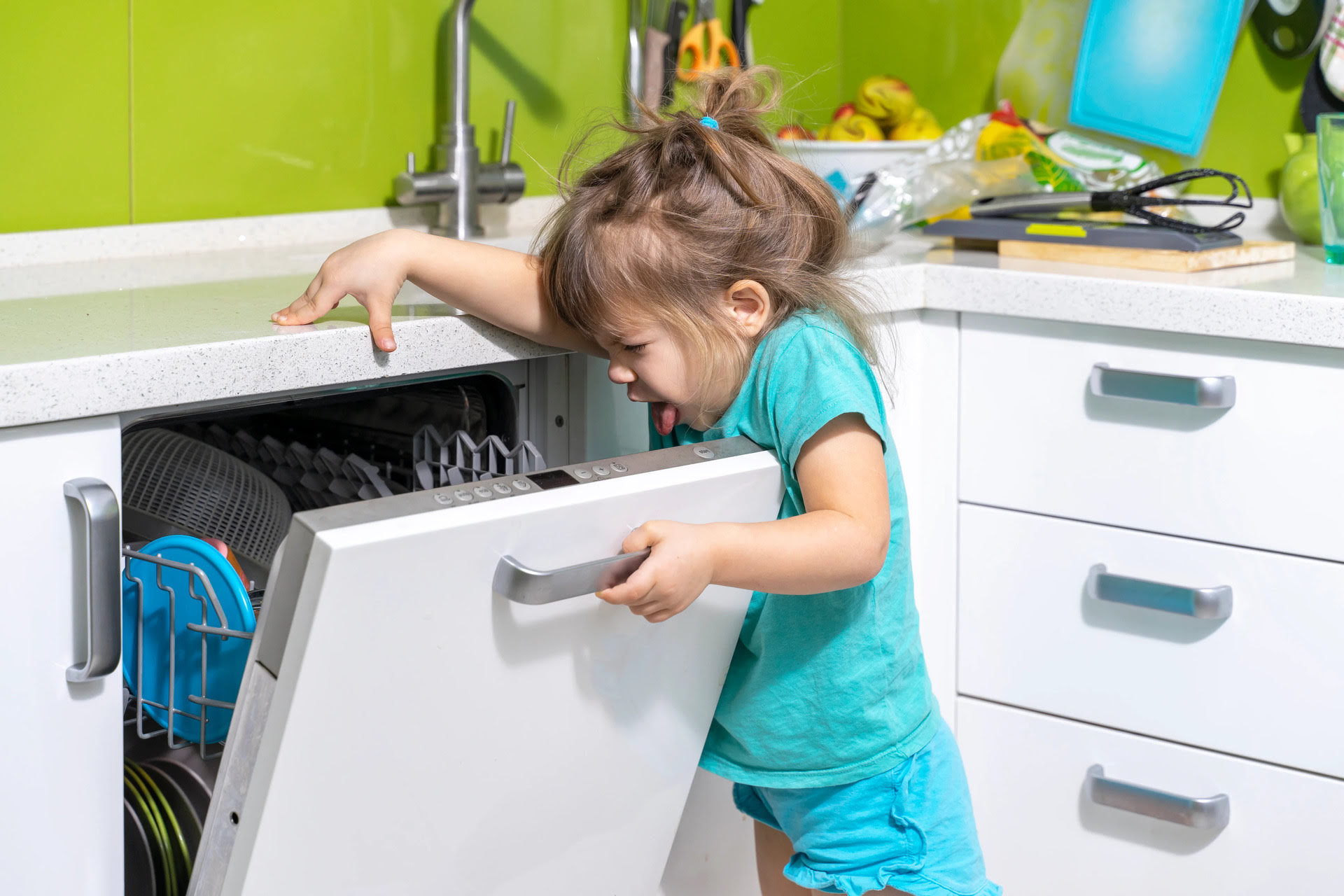
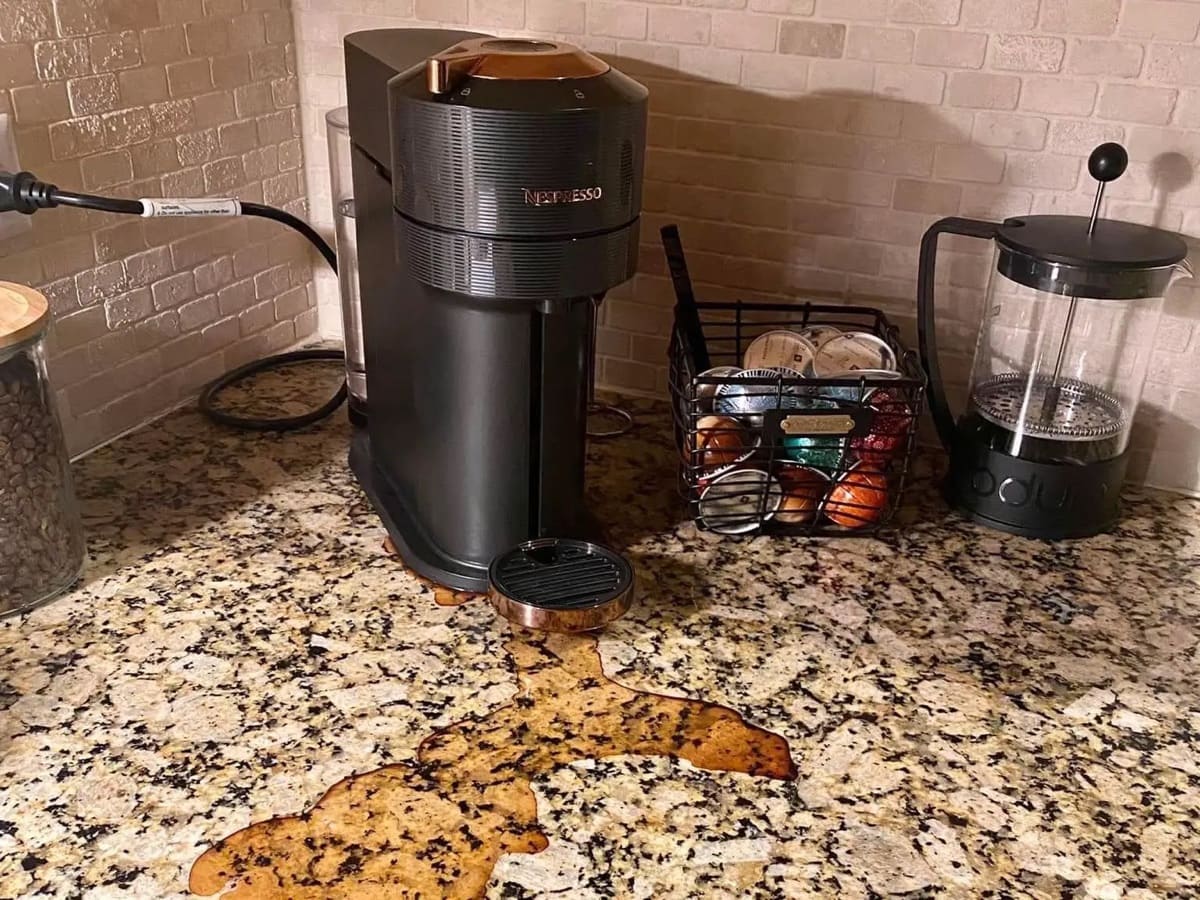
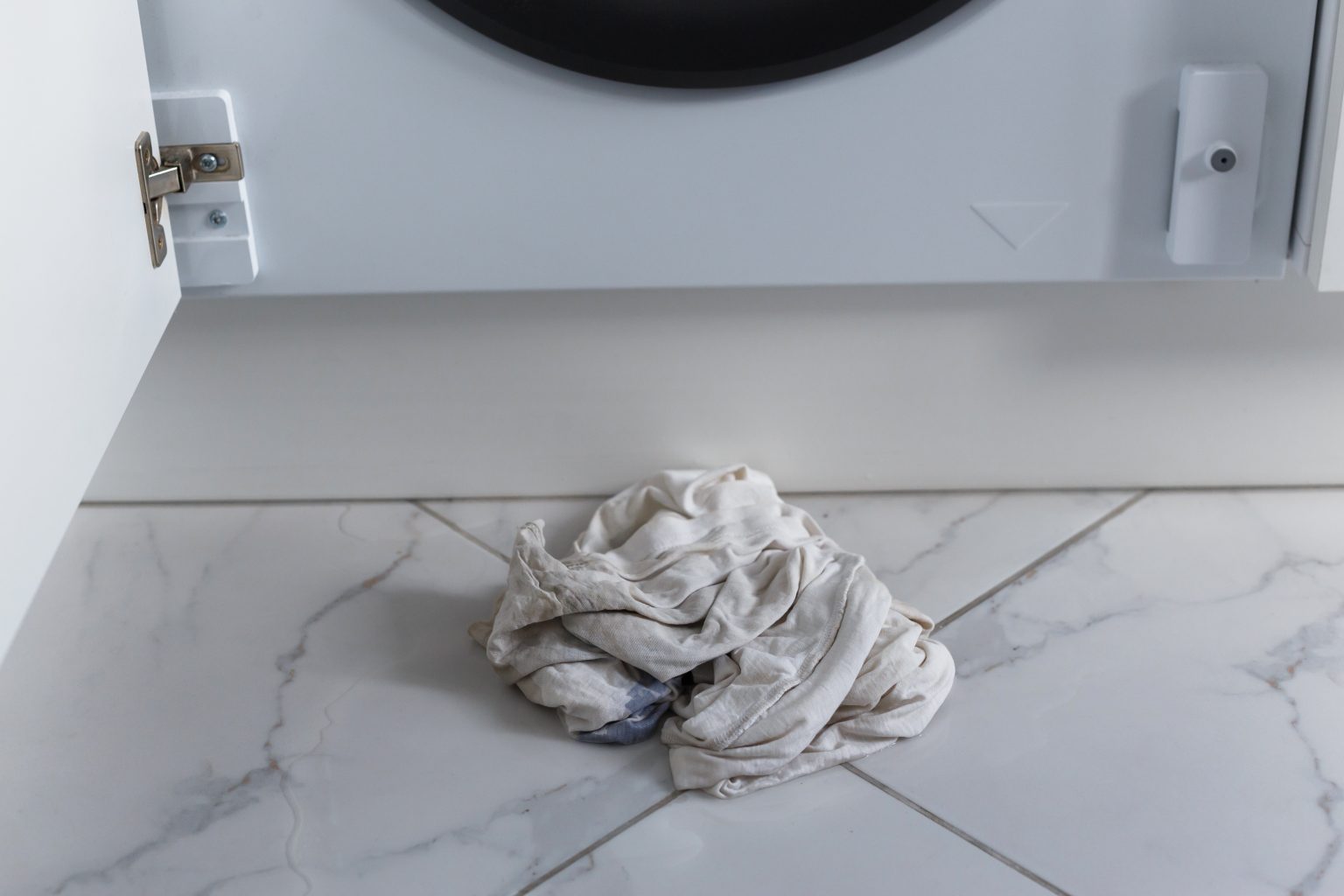
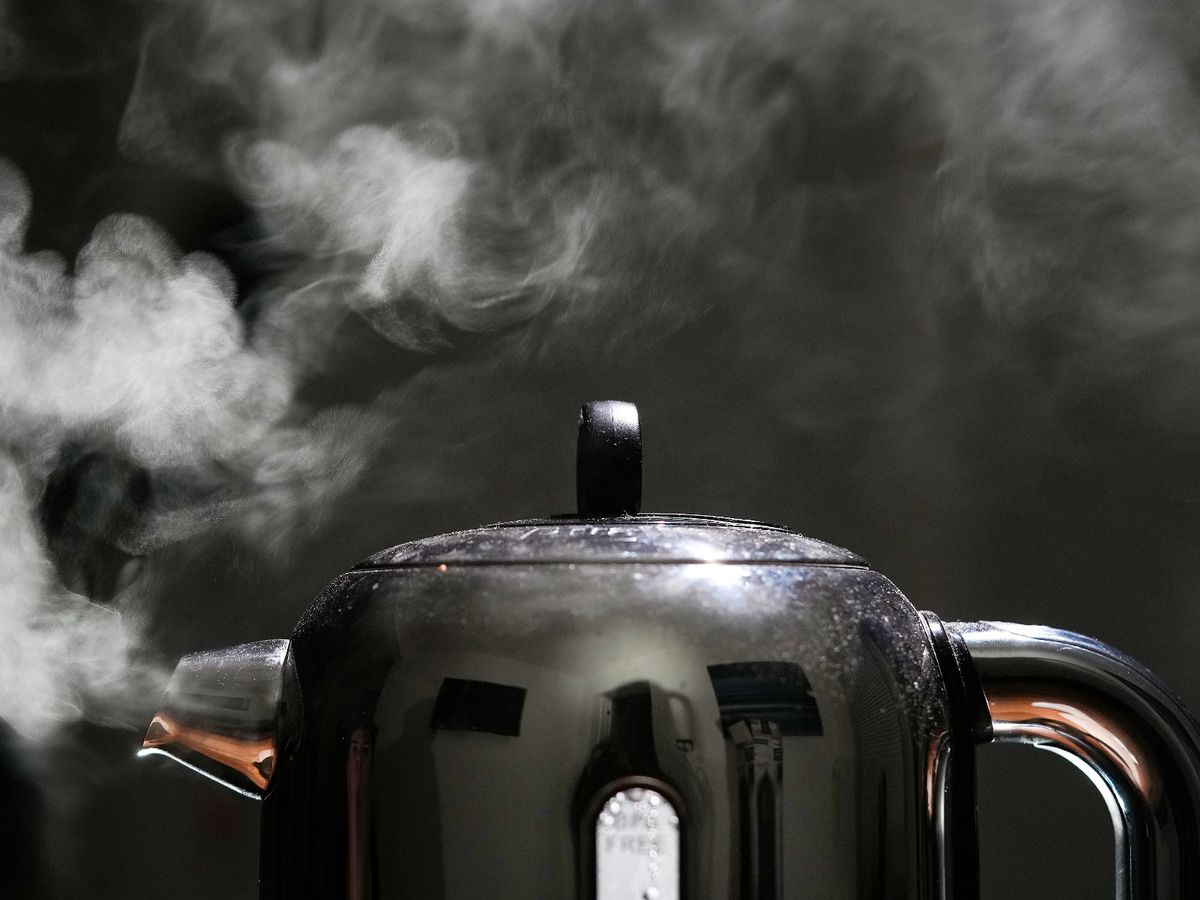
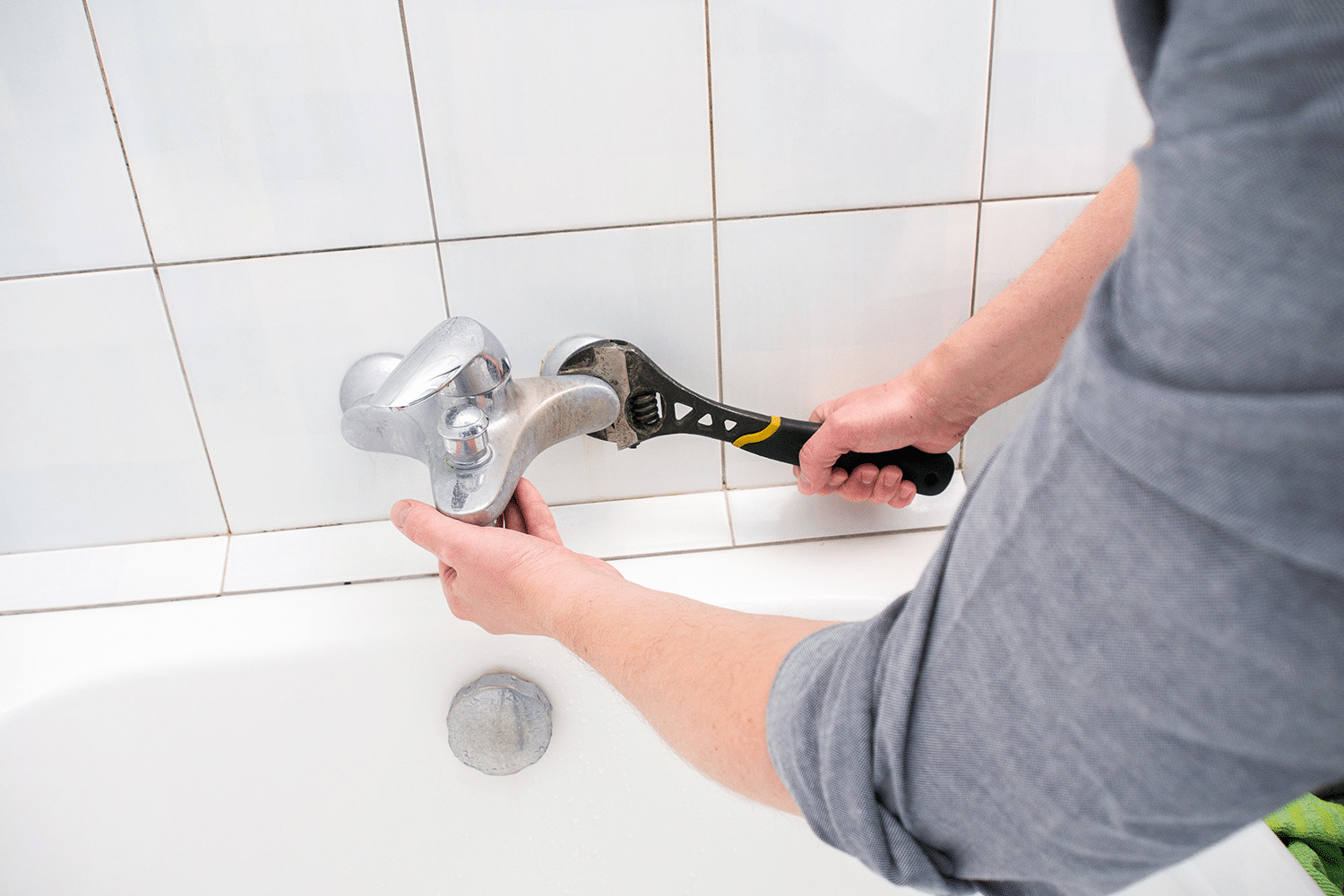

0 thoughts on “Why Dishwasher Leaking”